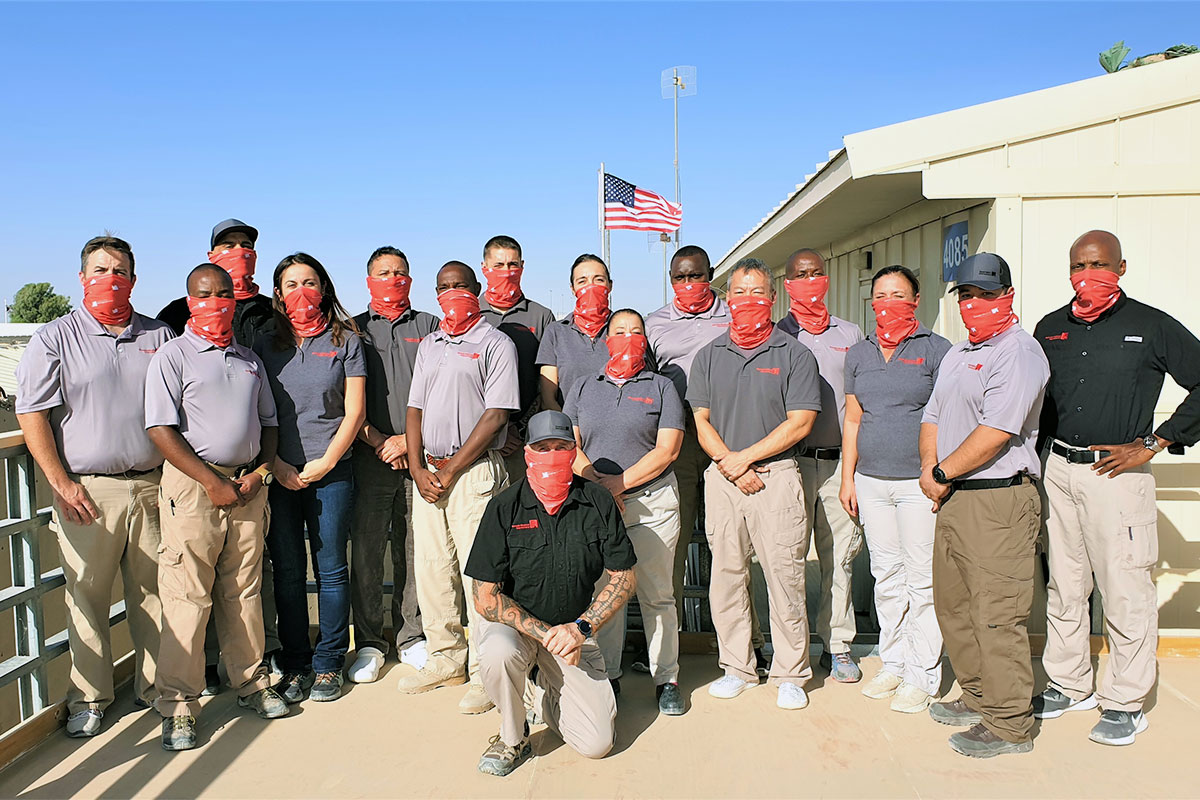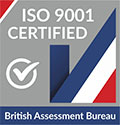American mountaineer and RMI instructor Melissa Arnot joins us this month by sharing some of her most defining moments with remote medicine in austere locations. As the women’s world record holder for Everest summits, RMI is proud to sponsor Melissa as she continues to break boundaries. Melissa departs for another Everest attempt this spring to support and work on her non-profit, the Juniper Fund, which provides rescue support and financial assistance for Sherpas who are injured or killed while working. From the purchase of her first aid kit to memorable close calls, Melissa’s article sheds light on the important role that remote medical education has played in her career.
In the summer of 2002, I didn’t know a thing about climbing, hiking or anything outdoors despite the fact that I grew up in the wilderness of Montana. A friend of mine was very interested in climbing and wrangled me into going on a trip with him. We hiked with his friends and family to the top of a 9,000-foot peak in Glacier National Park, and I was hooked. I saw the vastness of the mountains laid out before me, asking me to jump in. And jump I did.
I spent the rest of that summer learning everything I could about climbing and the wild world that makes it possible. I lived anywhere I could—on friends’ couches, out of the back of my old 4-Runner, and so on. I made calculated purchases and counted dollars to stretch my savings until I would have to go back to work. Halfway through that summer I decided to buy a first aid kit. I bought the cheapest, smallest one I could find because I didn’t want to carry too much weight. While it wasn’t much, it did help me feel a little bit more prepared. Sure enough, as things like that tend to go: the day after I bought it, I needed it.
I was hiking to the top of a non-technical peak in Glacier Park. There was one small but exposed rock-climbing move. As my friend attempted the move, he teetered backwards, off balance. I dropped my pack and rushed to the space below him. He didn’t fall, but my pack did, two thousand feet down into an abyss beyond a cliff. My first aid kit, my food, and my water were all gone within seconds. I kicked myself for having been so careless. But the day had to go on, and one liter of water lighter, we needed to get down.
As we continued beyond the summit toward the descent route, we saw a large party moving slowly. The closer we got, the more I understood that something was very wrong. Loose rocks had hit a climber. He was unconscious and needed emergency care. He was being carried by his partners and park rangers to a better location for helicopter rescue. They asked us to help and we did, taking our turns carrying the heavy makeshift litter. The day got long, and we were all very tired. It became clear that the outcome would not be good for the climber. And it wasn’t. He died that afternoon of head trauma.
I couldn’t help but ask if I could have done something more if only I knew what to do. That night I had a dream that I was in a helicopter working as a medic, and I knew everything. I woke up knowing I had to pursue this path. I signed up for a Wilderness First Responder course and, immediately after that was done, signed up for an EMT class. My love of learning and taking care of people blended so well that even the tragic outcomes were rewarding. Four years after becoming an EMT, I began teaching remote medicine as an instructor for RMI.
It was a few years into my medical career that someone asked me if I would consider working as a mountain guide. I initially wanted to learn more about medicine so I could be a better team member and help my partners or others if they were hurt while climbing. I had continued my own climbing throughout my early days of emergency medicine education. It only seemed natural that they would marry back up one day.
In the spring of 2004, I took my first job as a mountain guide. Armed with the knowledge of how to have a cool head under pressure and, most importantly, how to care for others. A huge part of climbing at high altitude or unknown areas is managing any of the risks you can. Having medical skills and knowledge is one of the ways I do that. I have a better risk management mind, and I know my medical skills make me a better climbing partner. There isn’t one day I spend in the mountains that I don’t use my medical knowledge (thankfully, mostly for prevention). In a life where all things tend to come full circle, I am happy to be traveling in this sphere.


